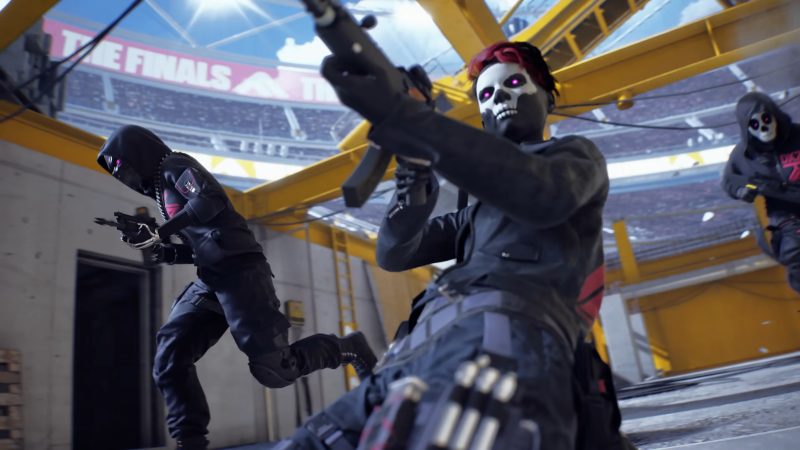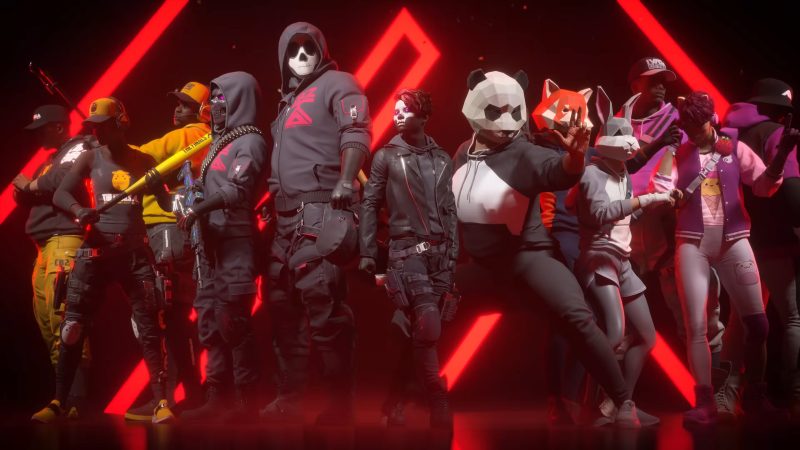Innovative, thrilling, and a unique approach to the first-person shooter genre - all these words describe Embark Studios' The Finals, which recently went viral. The free-to-play shooter offers the players unprecedented levels of verticality and heavy destructible environments. While genre fans laud it for its creativity, there's discontent brewing among its players regarding its use of voice actors, or to be more specific, its decision not to use them.
To understand this sentiment, one must realize that this AI refers not to in-game enemies but to generative AI, which is a piece of technology that has taken various industries by storm. Embark Studios has harnessed AI for essentially all the voicework in The Finals, a decision they've openly discussed in podcasts. Their rationale? The technology is "far enough in terms of quality," enabling them to churn out lines for new in-game content in hours, instead of the months it could take using traditional voice actors. Furthermore, they argue that any glitches in the voice actually play into the eccentric game show environment they've crafted.
However, this decision hasn't been universally well-received. Upon learning of the AI involvement, players were quick to point out how the in-game announcers felt off. The cadence, breathing, and general quality of the AI-generated voices seem in stark contrast to the actual gameplay's quality. Some consider this a glaring misstep in what could have been a seamless gaming experience.


